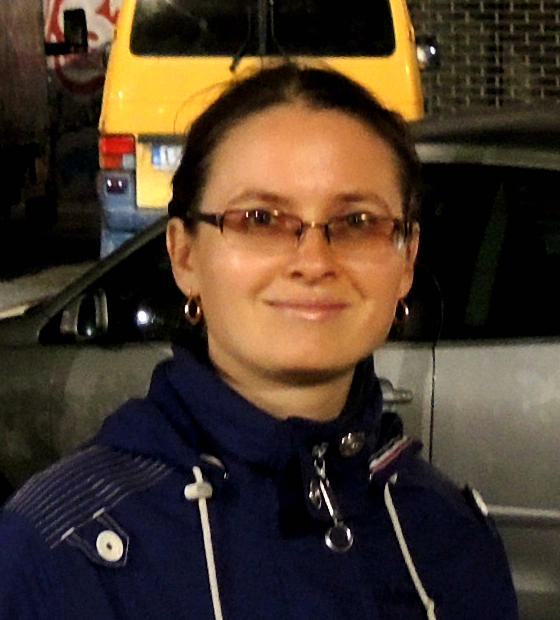The article discusses the legacy of a Dutch scholar of religion J. Waardenburg. Waardenburg criticizes the classical phenomenology of religion for its theological orientation, its idea of religion as sui generis phenomenon, its construction of a system of religious phenomena, its departure from the principles of philosophical phenomenology. The project of Waardenburg’s Neophenomenology is based on social and anthropological studies of religion with special emphasis on the cultural anthropology of C. Geertz. The methodology proposed by Waardenburg is rooted in the philosophy of M. Heidegger and hermeneutics of H-G. Gadamer. Waardenburg proposes to return to the apparatus of philosophical phenomenology, focusing on the process of intention. It seems that the main problem of the neophenomenological project is its applicability. In the writings of Waardenburg we see a lot of criticism of classical phenomenology, much less guidance on the principles of neophenomenological research and lack of specific research program. Waardenburg uses the same empathy, because religious scholar should reconstruct the intention of believers with the help of his own imagination. It seems that such a path is much more subjective than the project of classical phenomenology of religion, since the declared intentionality rests not even on the intuition and personal religious experience, as it was in classical phenomenology, but in the practice of actor’s game. The article also examines his book “Religion and religion...”, in which the principles of the new project ought to be shown, but on the contrary, religion is defined there as separate and independent sphere and universal phenomenon with a set of essential characteristics.
Keywords: phenomenology, Phenomenology of Religion, J. Waardenburg, neophenomenology, Gerardus van der Leeuw, Edmund Husserl, empathy, intention
DOI: 10.22250/2072-8662.2019.3.117-126
About the author
 |
Tatiana S. Samarina – PhD (Philosophy), Research Fellow at Institute of Philosophy, Russian Academy of Sciences; This email address is being protected from spambots. You need JavaScript enabled to view it. |






